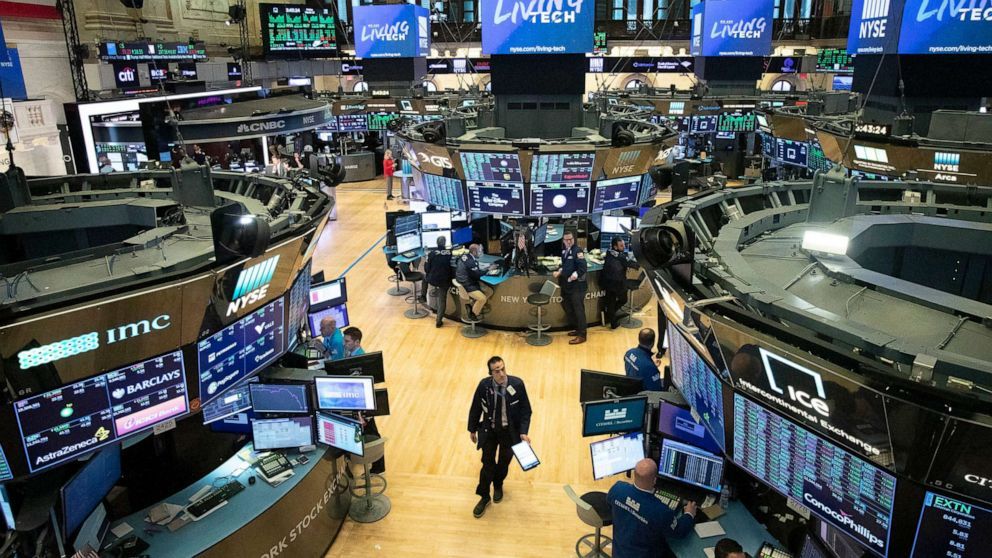FXOpen

At the end of last week, we all witnessed a spectacular collapse in the value of some of the most prestigious indices on New York's exchanges, much to the surprise of those who had been looking at the relative strength of the United States economy compared to the flagging counterparts on the European side of the Atlantic.
Just as minds were concentrating on the strength of the US Dollar against the plummeting British Pound, a false sense of security had become evident, and the US was being held up as a shining example; the West's only productive economy in today's climate of rampant inflation, low productivity and massive national debt.
As stock markets crashed last week, analysts at investment banks made grave predictions that the S&P500 could fall another 22% this year.
During the later part of the US trading session yesterday, the Chief Investment Officer at investment bank Morgan Stanley stated that complacency is abound among stock market investors at a time at which interest rates are on the increase.
Morgan Stanley's Lisa Shallett told MarketWatch yesterday evening “The real 10-year Treasury yield, at 1%, approaches a four-year high. Consider that back in June, when the real rate was at this level, the S&P 500 Index was at 3,667, 5.3% lower than it is now.”
Equally, Morgan Stanley has been the bearer of another grave statistic: there has been a considerable downturn in technology company IPOs due to the gloomy market conditions.
Tomorrow will mark 238 days without a technology company IPO worth more than $50 million on the American markets, surpassing the previous records set in the aftermath of the 2008 financial crisis and the early 2000s dotcom crash.
Some proposed fintech IPOs have been withdrawn, with one insider having said "Who would go public in this market?".
The tech-dominated Nasdaq Composite has fallen nearly 28% this year compared with a drop of just over 19% in the S&P 500 and the aforementioned predictions that a further even larger amount could fall from the value of the S&P500 before the year is out.
There are genuine fears of a looming recession across all Western markets. The pound is at a 37 year low against the US Dollar and Britain's economy is flagging, whereas despite a strong US Dollar and productive American economy, the inflation and interest rate rises have been a key catalyst in collapsing the value of company equities listed on top New York exchanges.
The volatility is there, but has to be navigated carefully!
Buy and sell stocks of the world's biggest publicly-listed companies with CFDs on FXOpen’s trading platform. Open your FXOpen account now or learn more about trading share CFDs with FXOpen.
This article represents the opinion of the Companies operating under the FXOpen brand only. It is not to be construed as an offer, solicitation, or recommendation with respect to products and services provided by the Companies operating under the FXOpen brand, nor is it to be considered financial advice.
Stay ahead of the market!
Subscribe now to our mailing list and receive the latest market news and insights delivered directly to your inbox.









